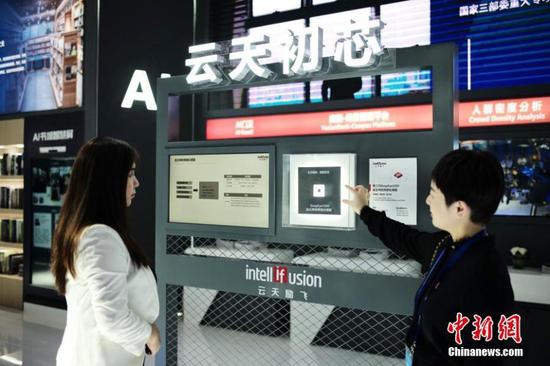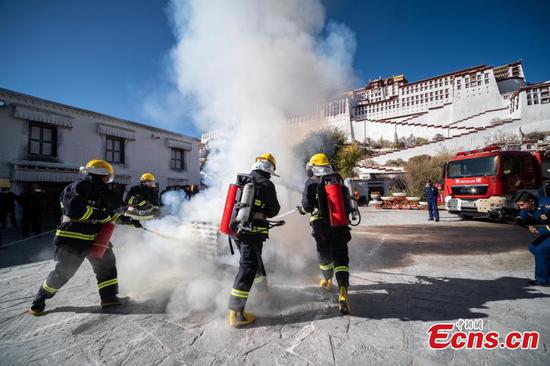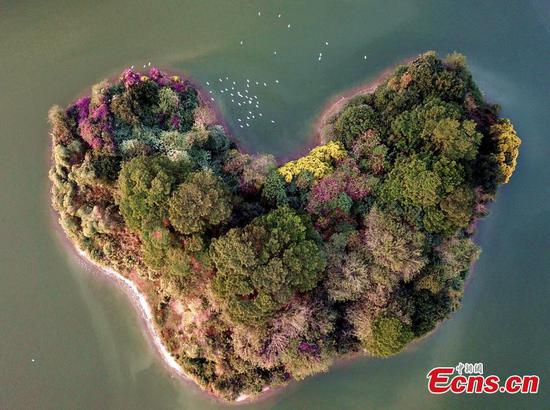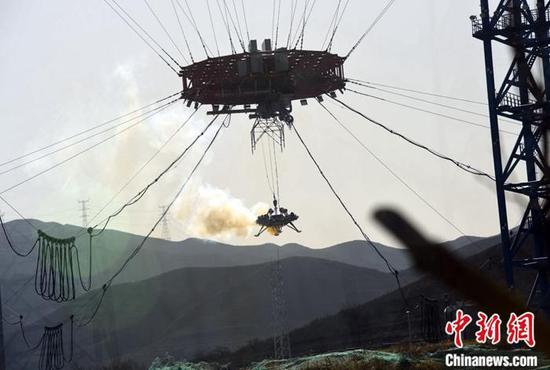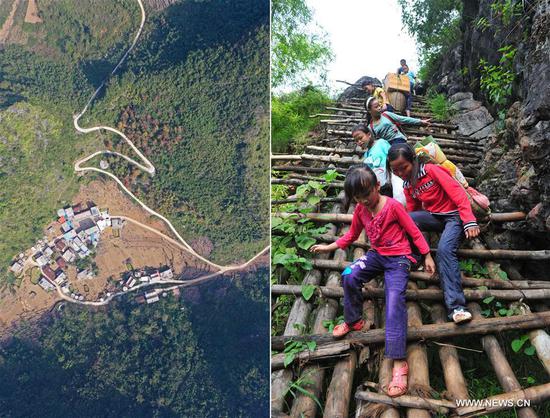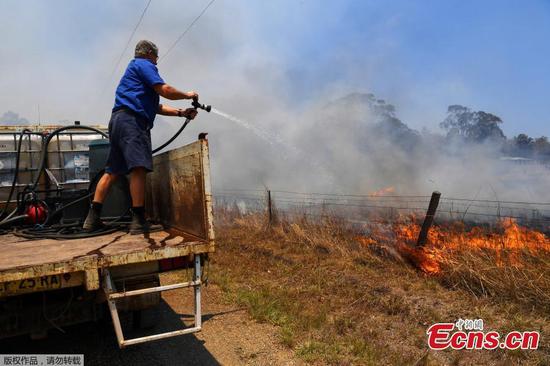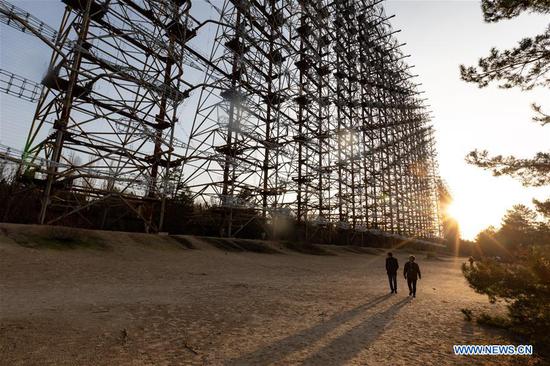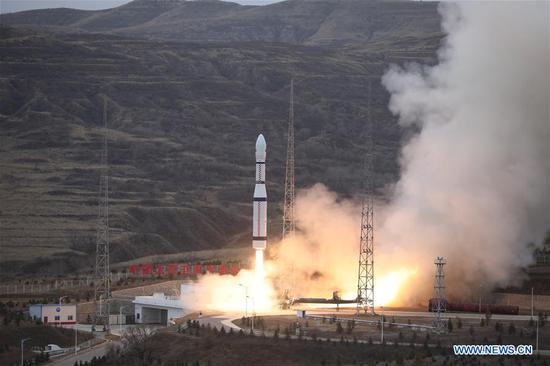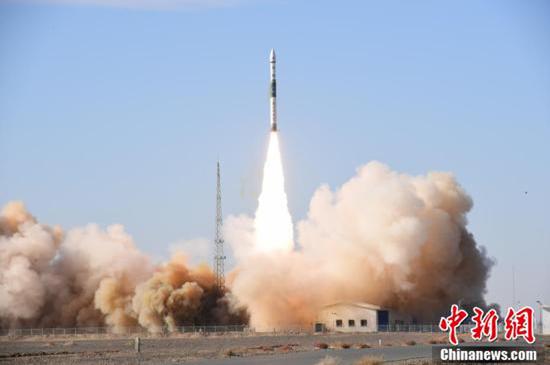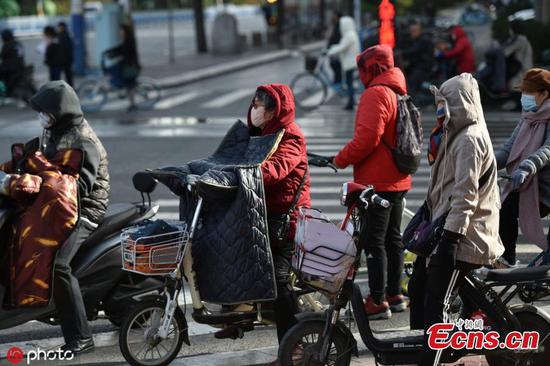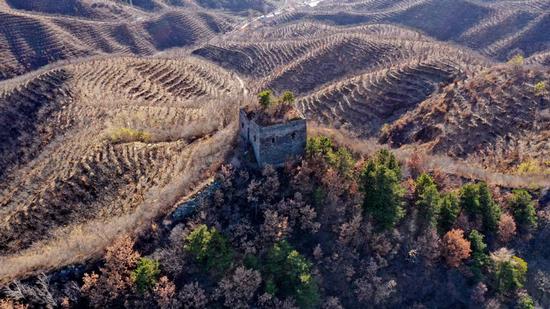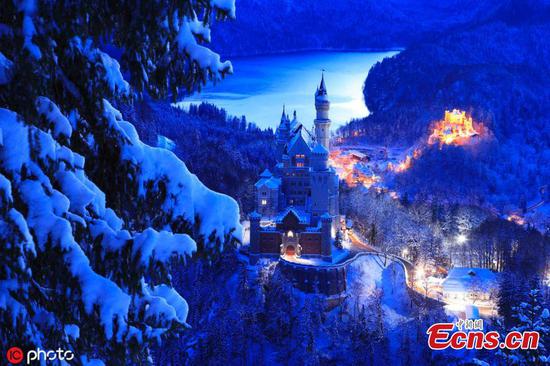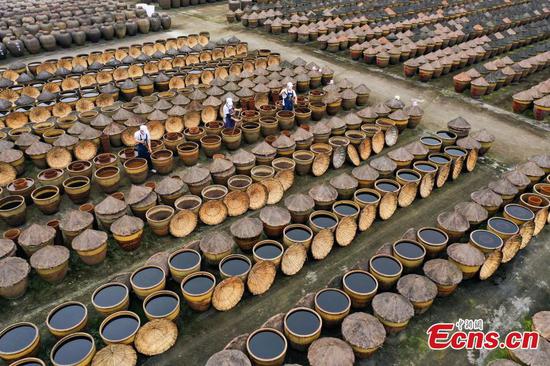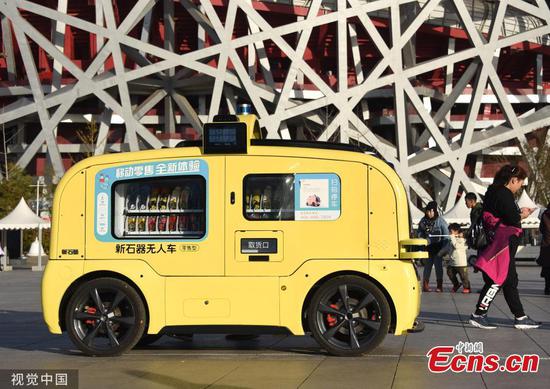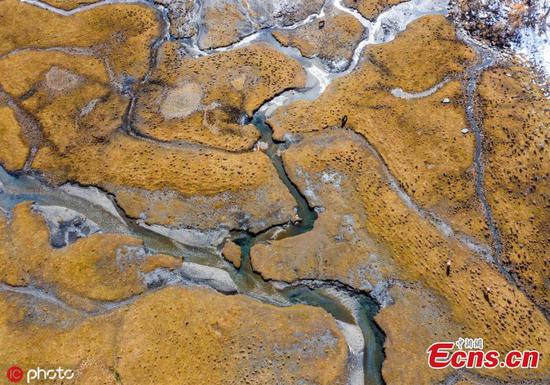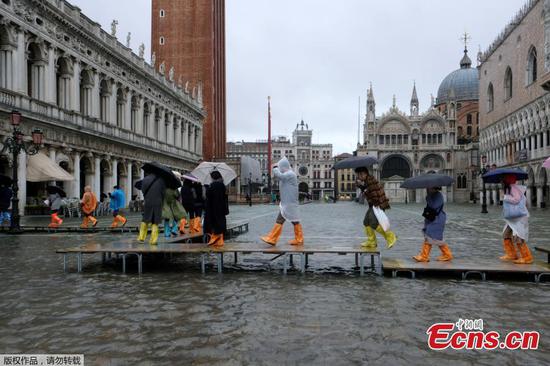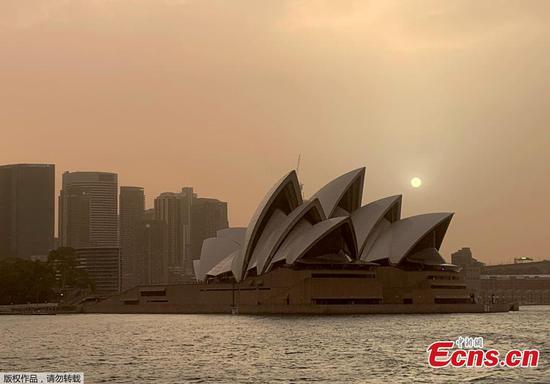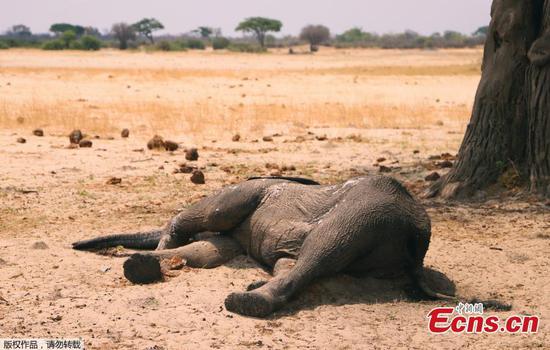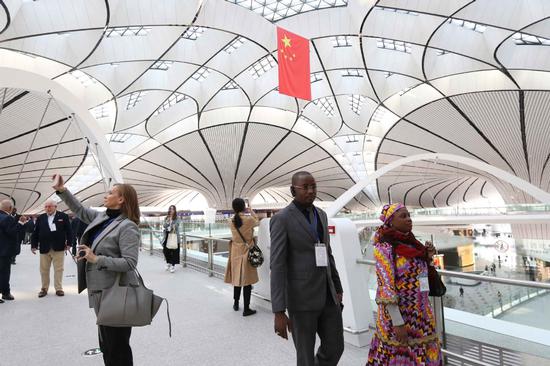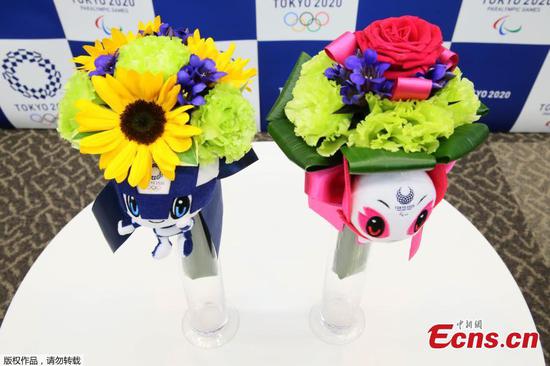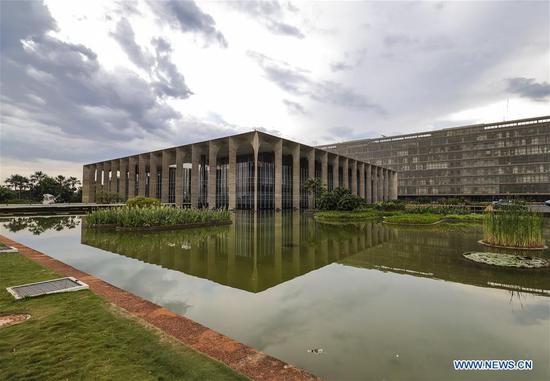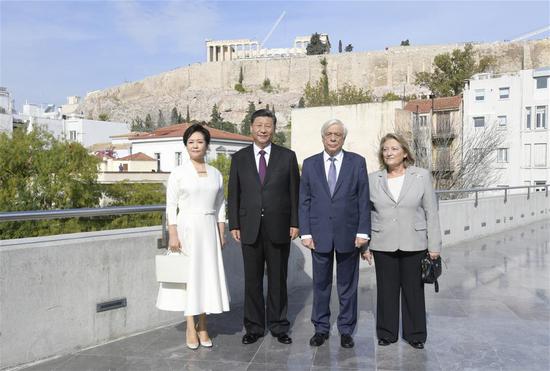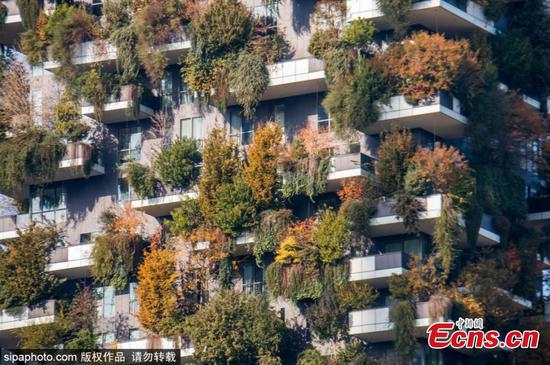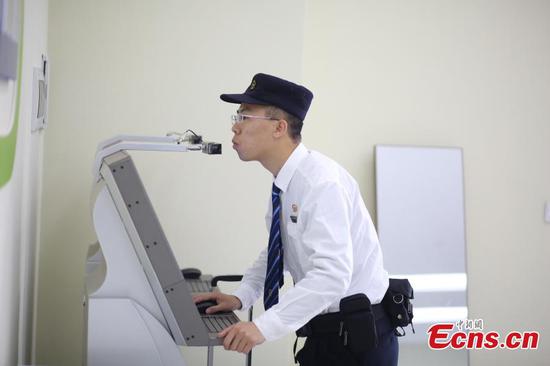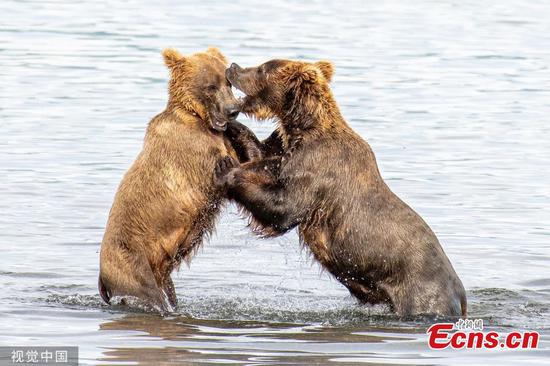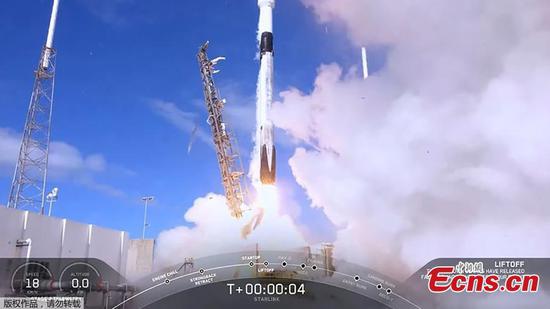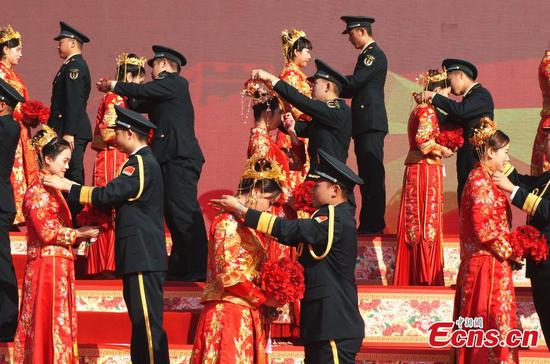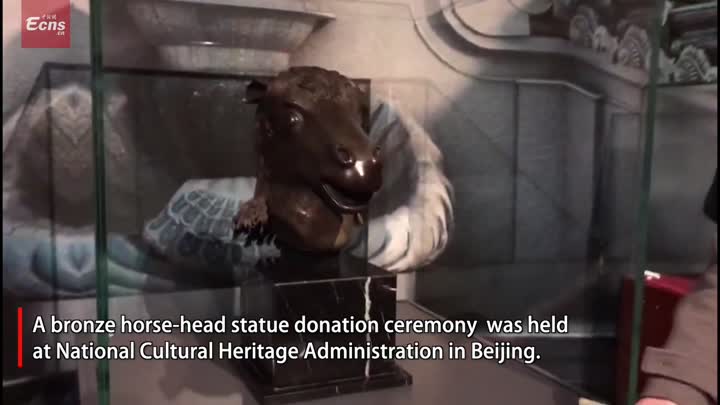As over 80 heads of state and government, senior officials and heads of international and regional organizations gathered here along with representatives from NGOs, multi-national corporations, academia at the second Paris Peace Forum, multilateralism has become a resounding call for the world to address global challenges.
"We are witnessing a crisis without precedent in our global system," lamented French President Emmanuel Macron when inaugurating the forum on Tuesday.
"New inequalities have appeared in recent years, sometimes in our communities. These new inequalities fragmented the modern community, caused a crisis of our democracy, with a doubt in all Western democracies. This revived unilateral policies of those who were the guarantors of this international system," he said.
The temptation of unilateralism is "very risky" and "nationalism is war," noted the French president, adding "the world needs more cooperation, not less, to face today's challenges. We have to carry on, launching new initiatives, not to compete with multilateral institutions, but to add to their actions."
Macron launched the Paris Peace Forum last year to mark the centennial anniversary of the end of World War I. The forum aims at mobilizing all stakeholders for collective action to solve global issues. The U.S., however, did not send official delegation this time to the forum.
Ursula von der Leyen, president-elect of the European Commission, the executive branch of the European Union (EU), underlined "the need for strong institutions and more effective multilateral cooperation" in her speech.
"Existing powers are going down new paths, alone, new powers are emerging, reemerging and consolidating, and there is need for stable and responsible leadership," she said.
Pledging to build a "truly geopolitical Commission" and a "more outward-looking Europe", the German politician and first woman to take the reins of the EU's top executive office, said she wants Europe to spend 30 percent more on external action in the next long-term budget.
"Only together do we have the strength, to fight poverty, corruption or terror. Only together can we fight climate change and invest in progress. And only together can we stand for peace and prosperity," she insisted.
China's Vice President Wang Qishan also joined the call for greater global unity.
"The world today is like a vast ocean in which all countries are interconnected," he said. "We all share a promising future and face the same challenges -- lack of drive for global growth, serious imbalance and inadequacy in development, flare-ups of regional hot-spots, spread of terrorism, technology security, public health, climate change, environmental degradation and other threats."
"No one can stay unscathed or deal with these challenges on their own. Shifting troubles to others is not the right way forward," said Wang, adding "Collective response is the only viable solution."
"The spread of unilateralism, protectionism and populism and the tendency of replacing rational thinking and actions with the outbursts of emotions are not helpful in resolving problems," he added.
The Chinese leader recalled that China advocates the principle of extensive consultation, joint contribution and shared benefits in global governance; champions a new type of international relations based on mutual respect, fairness, justice and win-win cooperation; upholds the international system with the UN at its core; calls for the building of an open world economy based on innovation and inclusiveness and stands committed to taking part in international cooperation on climate change based on principles such as common but differentiated responsibilities.
"Through concrete actions, such as promoting the Belt and Road cooperation, hosting the China International Import Expo, reducing the items on the negative list for (the access of) foreign investment and improving the business environment, China is sharing with the world the vast opportunities of its development," he said.
The three-day forum, which is closing on Wednesday, has its entire program carefully constructed to reflect a philosophy of open dialogue between all actors of global governance, focusing on the solutions rather than merely the challenges at hand.
Climate and security, multilateralism, migration, global governance, inequalities and poverty, cyber-security, biodiversity, innovation and education in the age of artificial intelligence, and the future of trade rules are among the major topics for debates.










